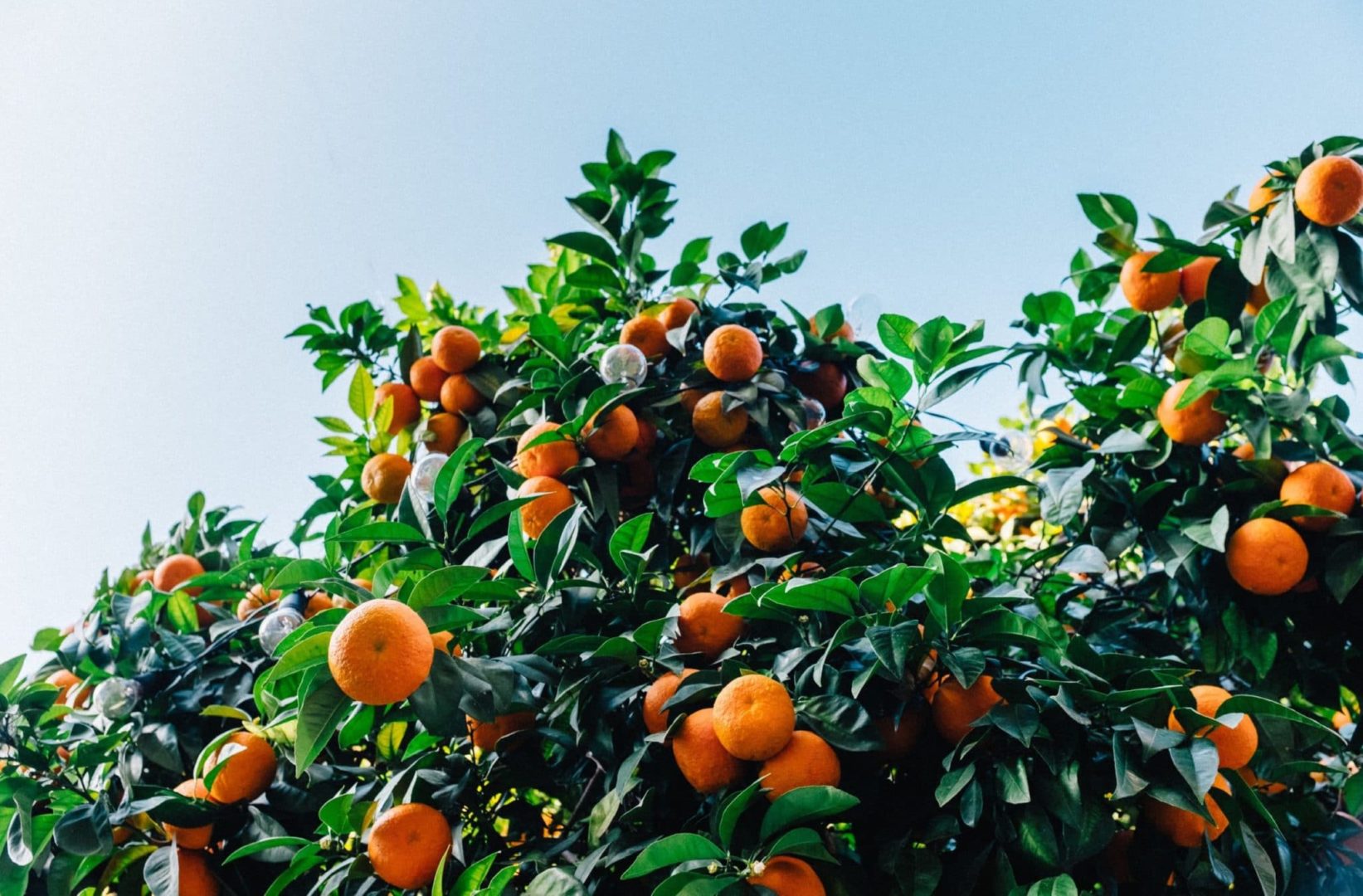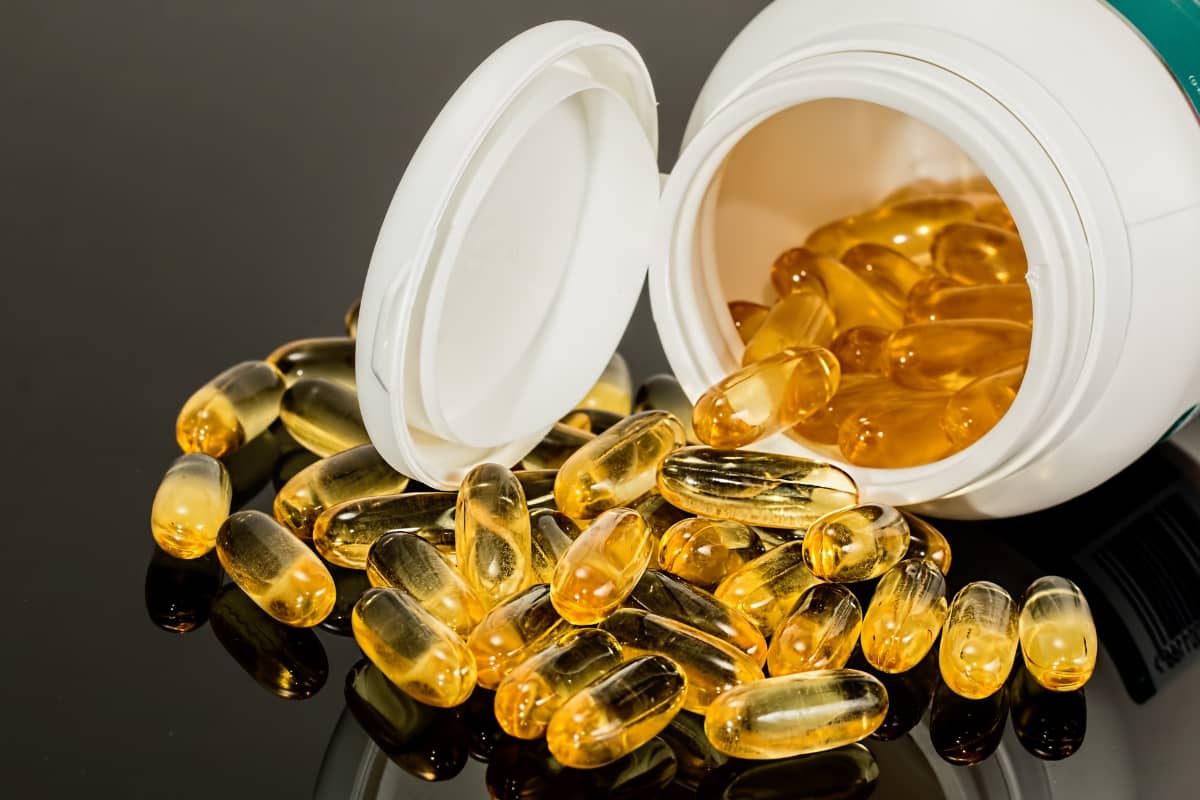Is Organic Worth the Price Tag?

Organic foods and products often come with a higher price tag. Without understanding what ‘organic’ actually means it can be easy to think that the price increase is unwarranted. After all, organic foods and products won’t necessarily look any different to their non-organic counterparts!
What is organic?
Many people perceive that organic is simply another word for ‘natural’. This is certainly not the case. An apple can be considered ‘natural’, but it won’t necessarily be labelled as ‘organic’. Organic foods are grown without the use of synthetic chemicals. Therefore, selecting organic foods and products can help you reduce your exposure to the chemical pesticides and fertilizers that are often widely used in conventional industries.
Some companies may deceptively label their products as ‘organic’, even if they are not. The best way to choose organic products or foods is to look for those that have been certified organic. Organic certification providers have rigorous standards that growers and manufacturers must adhere to in order to obtain a certified organic status.
Some small manufacturers may opt out of certification due to the costs involved. In that case, it pays to talk to the growers about their methods so you can rest assured they are following organic principles.
A deeper understanding
Let’s take a look at what really goes into organic farming, and therefore why you might be charged a little more:
- Sometimes organic pesticides are used, but there is strict regulation around their use. Organic farmers instead rely on methods such as crop rotation, manual weed pulling, companion planting and composting to grow produce effectively. The focus is on controlling, rather than annihilating pests and organic farmers understand the importance of the eco system, and the role of different bugs within it
- Organic authorities have high standards for animal welfare. Routine use of antibiotics is not permitted and should an animal become sick, it would be separated from the rest of the group until it is well again. This is not necessarily the case in a conventional system.
- In organic farming, the utmost importance is placed on soil health. A huge emphasis is placed on adding goodness (e.g. compost) to the soil. Nutrient rich soil grows strong healthy plants, which can produce nutritious food.
There are a number of factors that determine the quality of the food we eat, but many studies on organic foods have found them to contain higher levels of vitamins, minerals and phytonutrients than their non-organic counterparts.
What is the real cost of conventional?
You might find a higher price tag on your organic foods and products, but what is the real cost of the conventional system? This should be considered from a holistic perspective. Conventional farming practices often neglect the environment and can have negative health consequences for both farmers and the end consumer.
This is a simplistic look at a complex issue, and ideally the practices and principles of each individual brand should be investigated when we make our purchasing decisions. However, if a healthy body and healthy planet are important to you, then choosing certified organic products when possible can be a great step towards making choices that support your values.
It’s becoming easier to find organic options around Asia with a number of food outlets and specialty grocery stores now providing the consumer with the opportunity to make more organic choices. Check out our ‘feed your body’ listings to find details of organic foods and products near you.







Responses